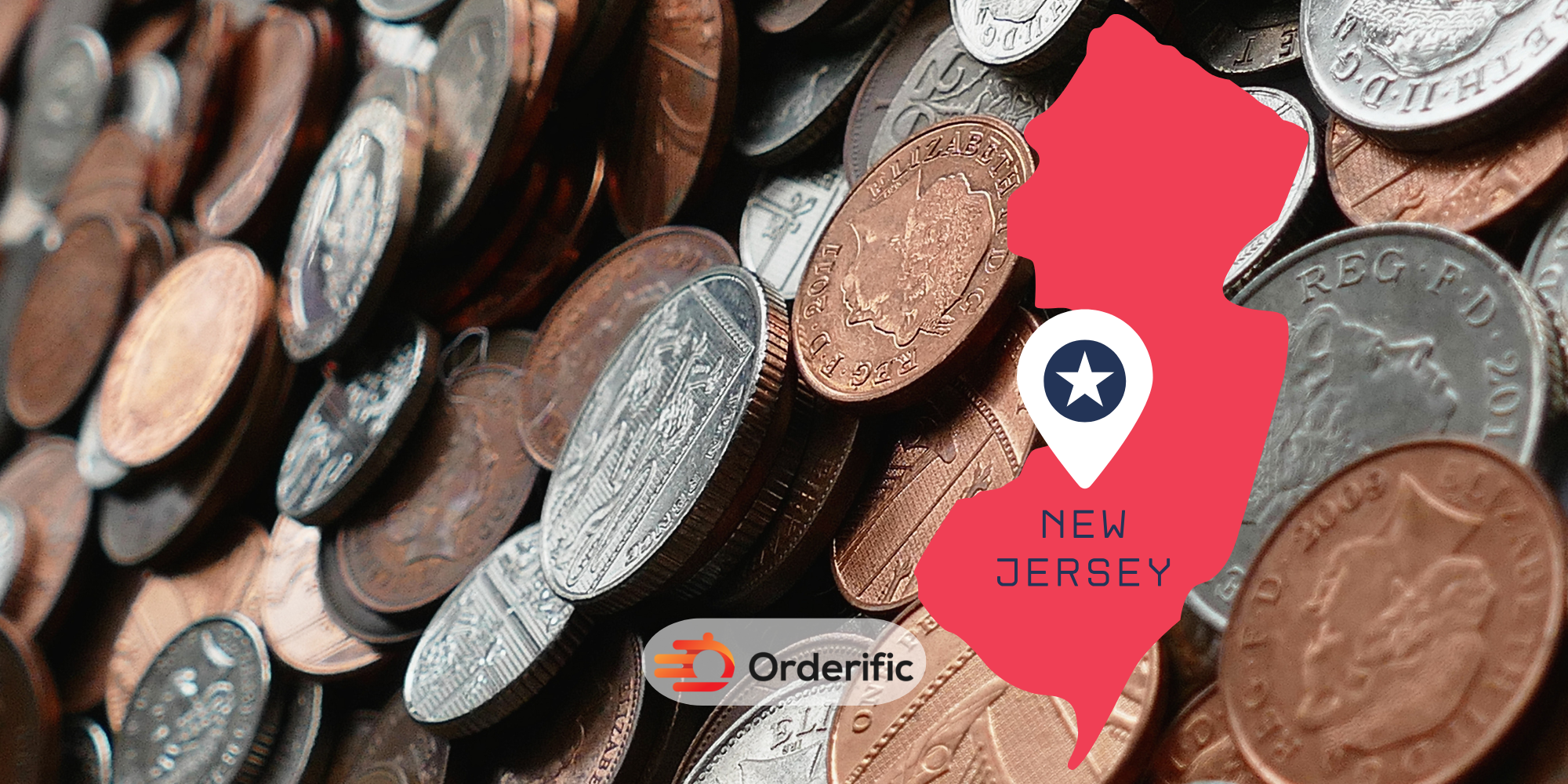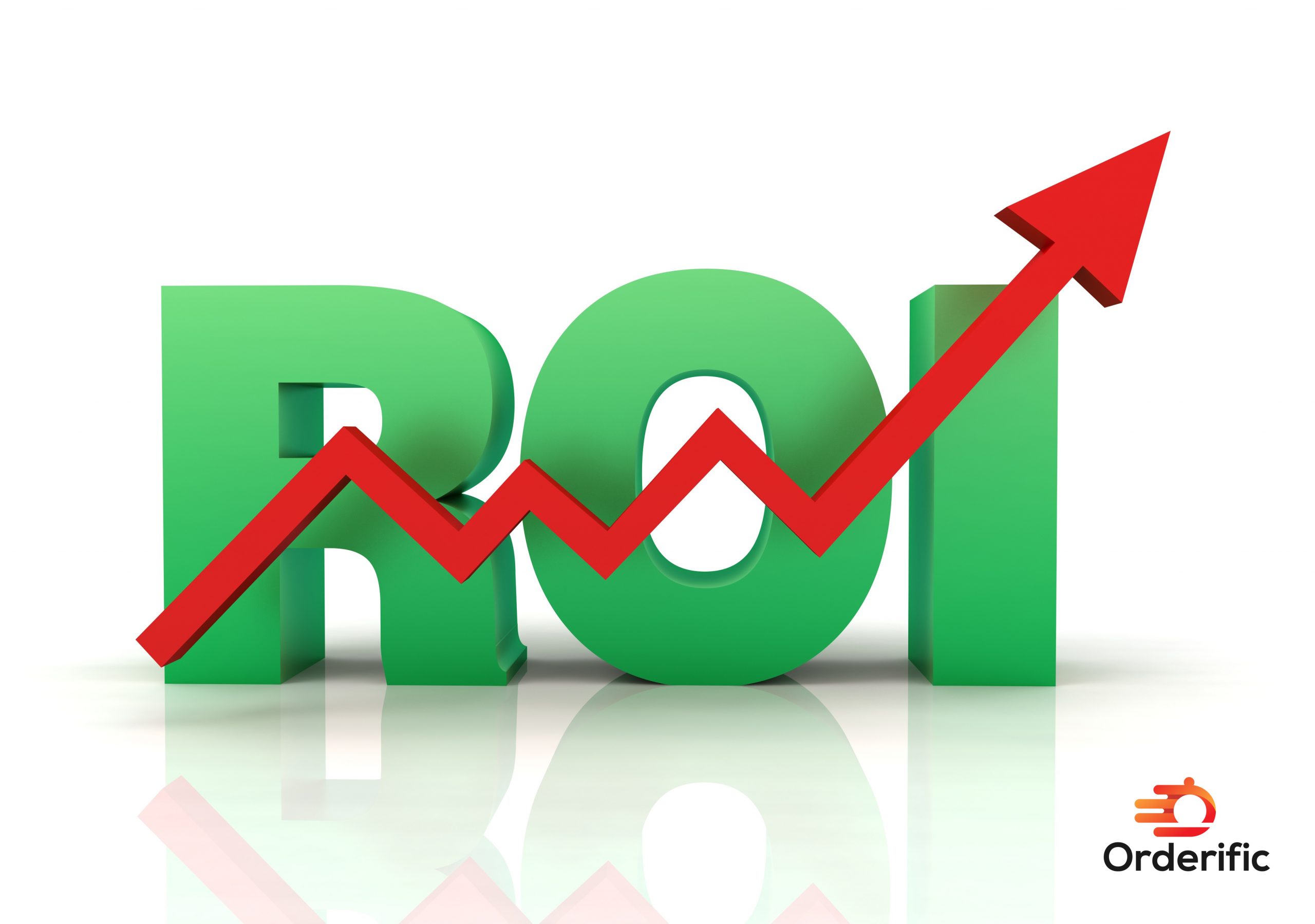An Overview of New Jersey’s Minimum Wage Laws
New Jersey’s minimum wage law is set at the federal level and must followed by all employers in the state. The current minimum wage rate for New Jersey State is $14.13 an hour, which went into effect on January 1, 2023. This is higher than the federal minimum wage of $7.25 an hour.
Employers in New Jersey must also pay at least the New Jersey minimum wage rate to employees who are exempt from overtime under the Fair Labor Standards Act (FLSA). This includes executives, administrators, professionals, computer professionals, outside salespersons, and certain skilled workers.
The Latest Changes
In 2019, the New Jersey legislature passed a bill that required employers in the state to increase their minimum wage rate from $8.60 an hour to $11 an hour by January 1, 2020. This was part of a larger effort to address income inequality and provide workers with higher wages.
The law also stipulated that the minimum wage rate will increase until it reaches $15 an hour in 2024. After 2024, the minimum wage rate will adjusted annually based on changes in the cost of living.
The Impact of New Jersey’s Minimum Wage on Workers and Businesses
The increase in the hourly salary has been beneficial to workers in New Jersey. This means they can earn a higher hourly rate for their work. This is especially helpful for those who are struggling to make ends meet.
However, the minimum wage rate increase may mean that businesses have to raise prices or adjust their operations to accommodate the higher wages. As a result, some businesses may find it hard to stay afloat. But others may have to cut back on staffing or hours of operation.
The Impact of New Jersey’s Minimum Wage on Businesses
Business owners in New Jersey should be aware that the state’s minimum wage rate applies to both regular employees as well as tipped employees. The state requires employers to pay their tipped employees at least $2.13 an hour, plus any tips they receive from customers.
If the employee doesn’t make enough tips to bring their hourly rate up to the state’s minimum wage, then the employer is responsible for making up the difference. This means that businesses in New Jersey must keep track of their employees’ tips and hours worked to ensure they are complying with labor law. Employers need to stay up to date on the latest developments in New Jersey’s labor law so they can ensure that their workers are treated fairly and paid correctly.

Pros and Cons of Raising the Minimum Wage in New Jersey
The increase in the minimum wage has both positive and negative effects on workers and businesses in New Jersey. On the one hand, it can help those who are struggling to make ends meet by providing them with higher wages. On the other hand, small business or larger ones may find it difficult to accommodate the additional costs associated with paying their employees higher wages.
Ultimately, the decision to raise the minimum wage should be based on a careful consideration of all the potential implications. By understanding the latest developments in New Jersey’s labor law, employers can make an informed decision and ensure that their workers are being treated fairly while still protecting their business interests.
Comparing New Jersey’s Minimum Wage to Other States
New Jersey’s minimum wage is higher than the federal rate of $7.25 an hour, but it is still lower than some other states in the region. Massachusetts and Connecticut both have a minimum wage of $15 an hour. But New York has a minimum wage of $14.20/$15.00 an hour. So, it depends on too many things such as living costs, local laws, etc.
It is important to note, however, that the cost of living in New Jersey may be higher than in other states, which could account for the difference in wages. It is also worth noting that while New Jersey minimum wage rate is lower. Yes, it might be lower than some other states in the region. It is still higher than the federal minimum wage.
Employers to be aware that some cities and counties in New Jersey have their minimum wage laws that must be followed. Employers should check with their local declerations to find out if there are any additional labor laws need to follow.
Potential Future Changes to New Jersey’s Minimum Wage
The current minimum wage rate of $14.13 an hour. It is scheduled to increase annually until it reaches $15 an hour in 2024. After that, the rate will be adjusted based on changes in the cost of living.
There have been efforts to raise the minimum wage even further in New Jersey, with some proposing a higher rate of $15.50 or even $18 an hour. It remains to be seen whether or not these proposals will be implemented. But employers should keep abreast of any new developments in the state’s minimum wage laws. So that they can stay compliant.
Overall, it has been a positive development for workers in the state, as it ensures that they can earn a living wage. Employers need to be aware of the latest changes to ensure they are providing their employees with fair compensation and benefits as required by law.

Conclusion
New Jersey’s minimum wage laws are an important component of the state’s labor laws and all employers must follow these laws. The current rate is $14.13 an hour, and it is set to increase in the coming years. Expectation about the issue is $15 an hour until 2024.
Business owners should familiarize themselves with the latest developments so that they can stay compliant and ensure that their workers are receiving fair and equitable wages and benefits. Additionally, employers should be aware of any local laws that may require them to pay a higher minimum wage rate than the state rate.
By understanding New Jersey’s labor laws, employers can ensure they are providing their employees with fair compensation. At the same time the law still protecting their interests and staying in compliance with the law.
You can find more informative content with Orderific here. For the countless benefits Orderific can bring to your business, start trying it out here. Today is Orderific time!
FAQs
What is the current minimum wage in New Jersey?
The current minimum wage rate in New Jersey is $14.13 an hour, which went into effect on January 1, 2023.
When was the last time New Jersey’s minimum wage was raised?
New Jersey’s minimum wage rate last increase was in January 2023.
How does New Jersey’s minimum wage compare to other states?
It is higher than the federal rate of $7.25 an hour. But it is still lower than some other states in the region such as Massachusetts and Connecticut,
What industries in New Jersey typically pay minimum wage?
Generally, industries that employ low-skilled or entry-level workers are most likely to pay minimum wage.
Are tipped employees in New Jersey covered by the state’s minimum wage law?
Yes. The state requires employers to pay their tipped employees, plus any tips they receive from customers.













